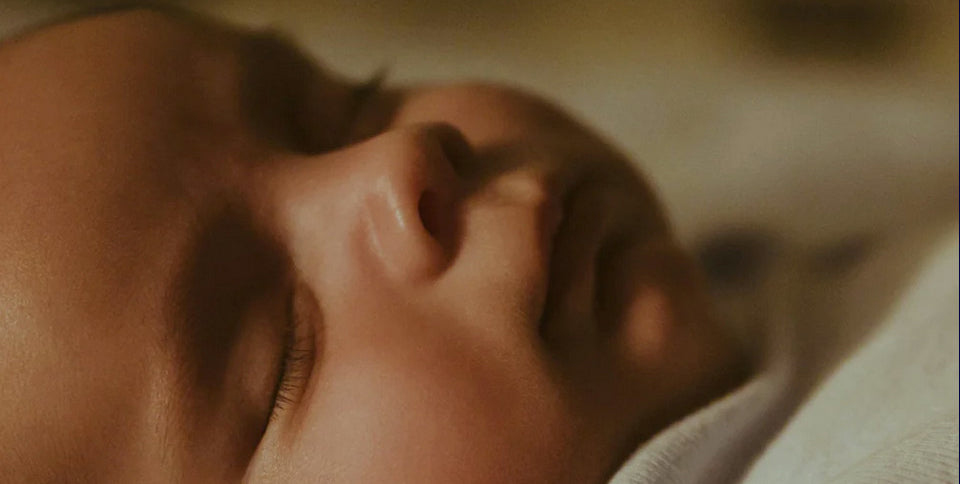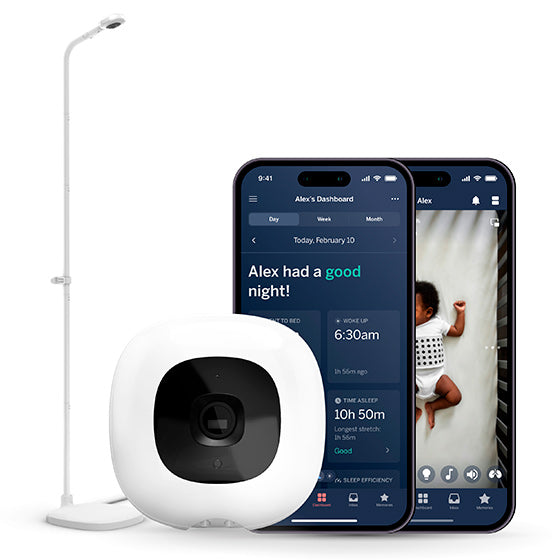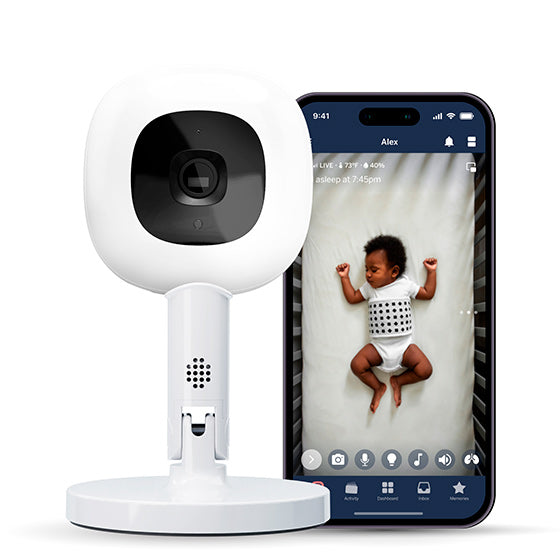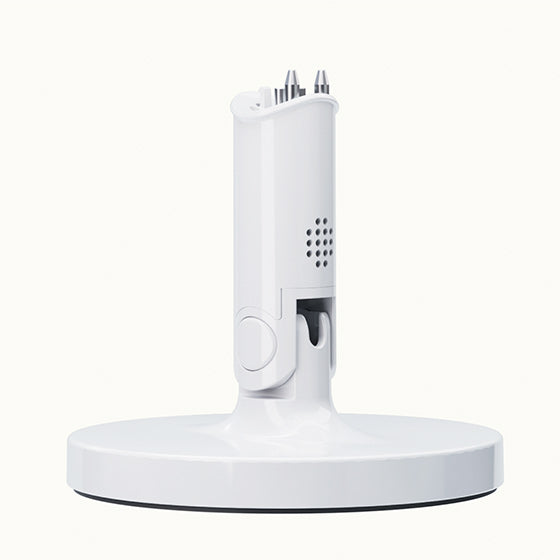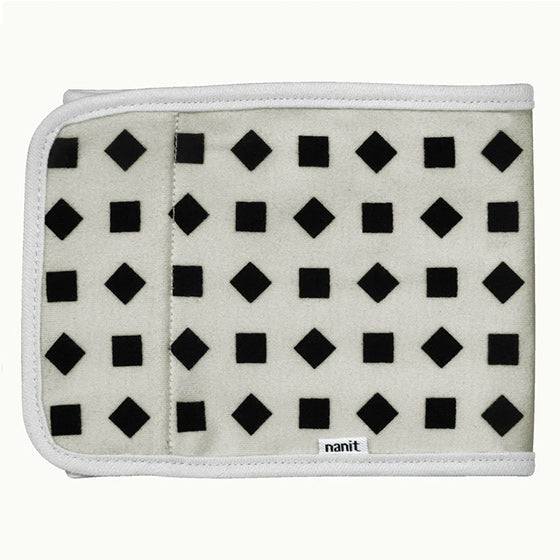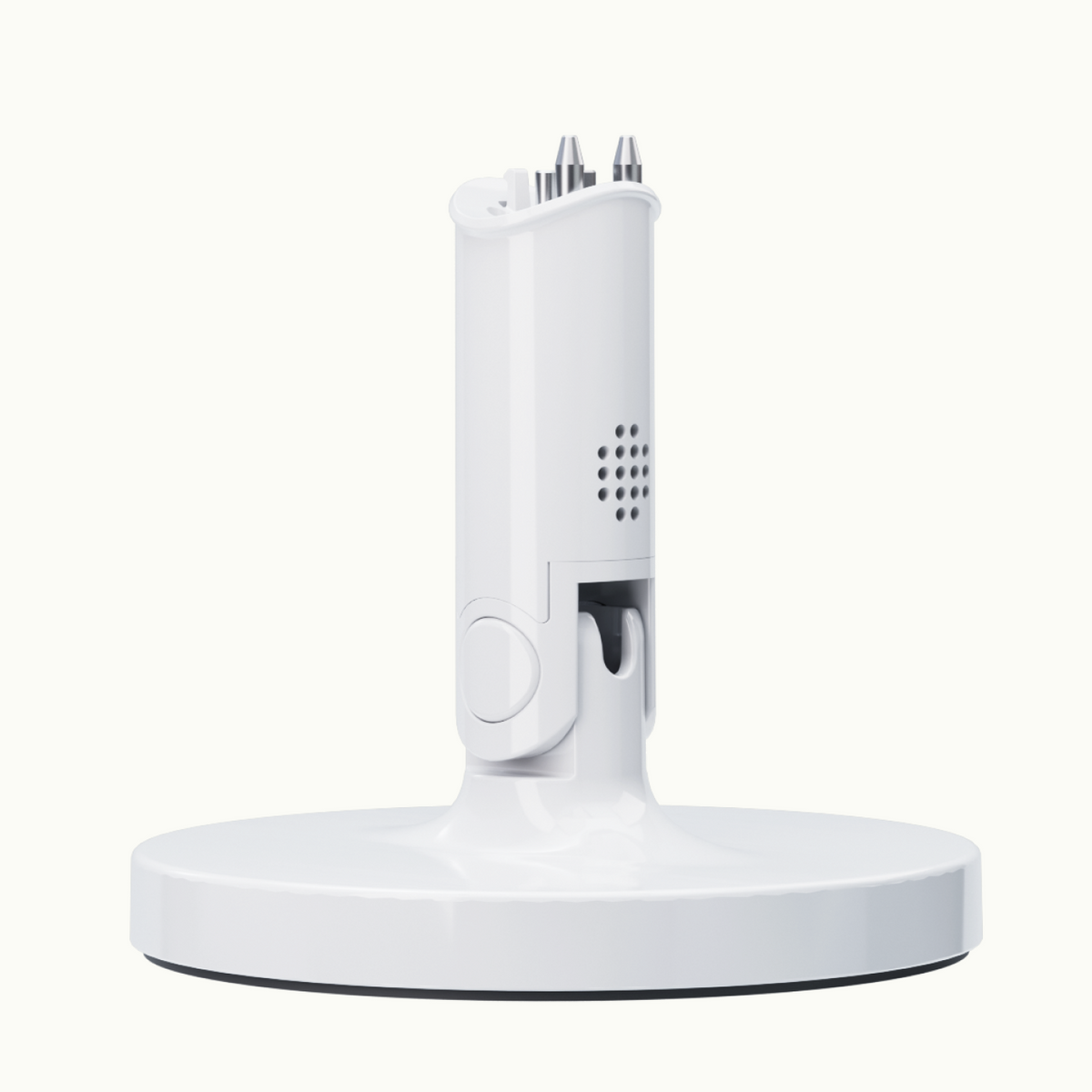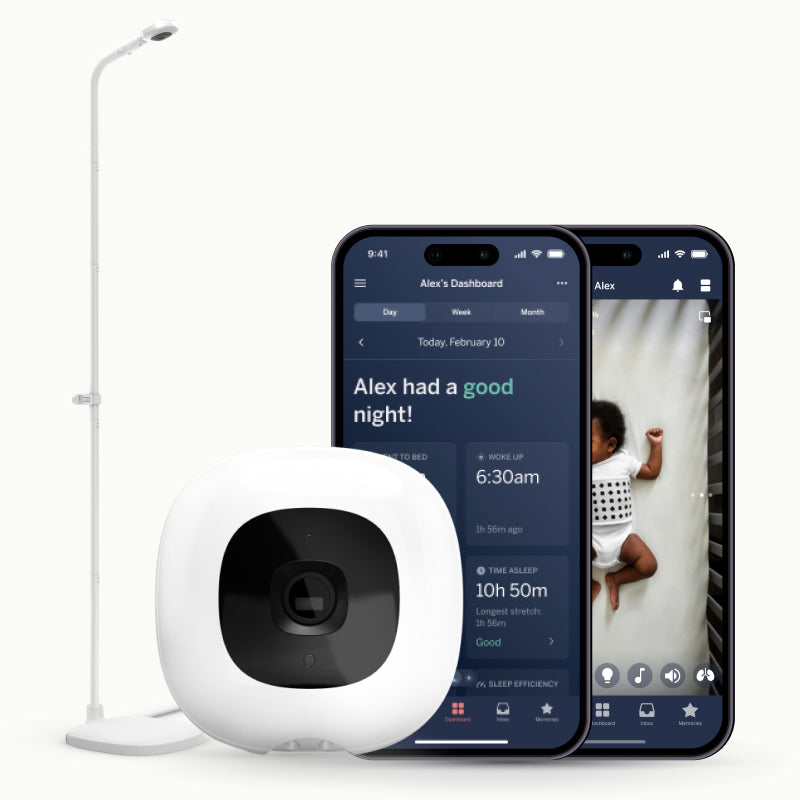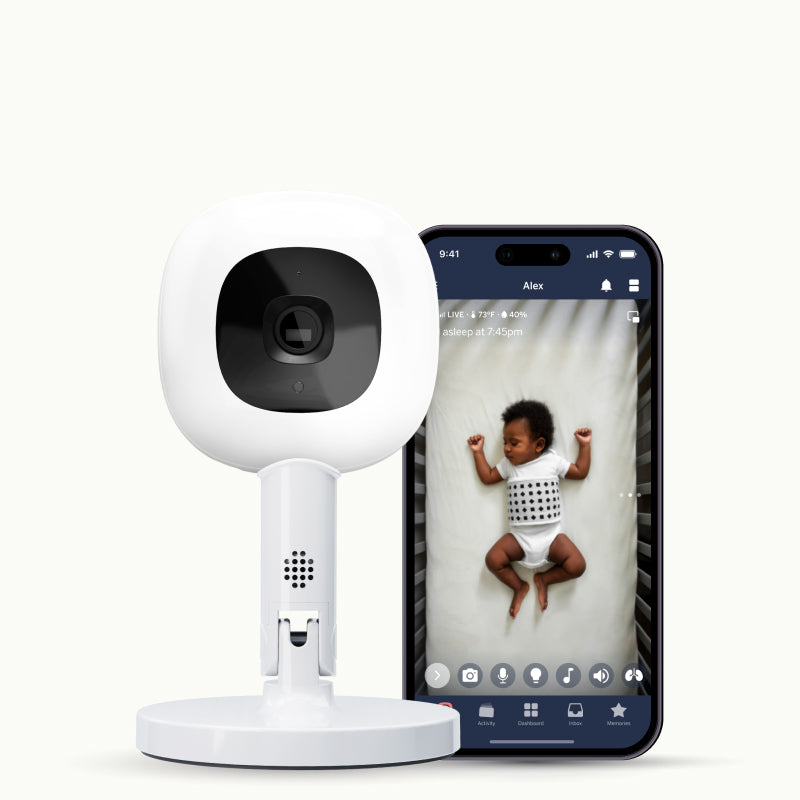Michael Gradisar, Michal Kahn, Natalie Barnett, Tor Ivry, Assaf Glazer
Presented at the conference of the World Sleep Congress in Vancouver in September 2019
Abstract
Introduction
Parents play a key role in the development of infant sleep. Infants of parents who report more active involvement in settling their infant to sleep have been shown to present more sleep-related problems compared to infants of parents who are less involved at night-time. However, associations between infant factors such as age and gender, and these critical parental behaviours, have received only limited research attention. Furthermore, assessment of parents’ involvement in their infants’ sleep process has predominantly relied on self-reports, which are subject to reporting bias, especially given that these behaviours occur during the night. Using novel computer vision technology, this study objectively assessed the number of nocturnal parental visitations to evaluate whether infant age and gender interact to predict parental night-time involvement in a large sample of infants.
Materials and methods
Participants were 622 families (52% infant boys; Mage=38.2 weeks, SD=19.9, range= 10-142 weeks). Parental nocturnal check-ins and infant sleep quality were objectively and naturalistically measured using the Nanit camera system, and automatically analysed using its computer vision algorithm. Metrics were averaged for each infant across 14 consecutive nights.
Results
Younger infants (β=-0.26, p<0.001) and infants with lower sleep quality (β=-0.37, p<0.001) were more frequently visited by parents during the sleep period (overall model fit was R2=0.25). Infant gender did not predict parental check-ins, however the gender-by-age interaction effect was significant (β=0.20, p=0.004). While controlling for infant sleep quality, check-ins were more frequent with boys compared to girls at younger ages, but this pattern was reversed at ~10 months of age, after which the number of parental visits for girls was greater than its equivalent for boys.
Conclusions
Parental night-time check-ins were more frequent for younger infants, as well as for infants with poorer sleep quality, providing objective evidence for the link between parental involvement and deficient infant sleep. Additionally, a different developmental progression emerged for girls compared to boys as a function of age. Whereas parents checked-in with infant boys more often than girls earlier in development, check-ins were more frequent for girls compared to boys later in development. This effect was significant despite evidence for superior sleep quality in girls compared to boys throughout infancy. The sharper decline in parental involvement with boys may reflect specific gender-related cognitions and expectations (i.e., higher expected independence from boys, as opposed to greater tolerance for dependence in girls), that are progressively activated throughout development. These associations should be further examined in longitudinal investigations, to broaden our understanding of parental behaviours that are implicated in increased risk for infant sleep-related problems.

About the Researchers
The researchers included Michael Gradisar, Michal Kahn, Natalie Barnett, Tor Ivry, and Assaf Glazer.

- Dr. Michael Gradisar is a Professor and Director and Clinical Psychologist at the Child & Adolescent Sleep Clinic at WINK Sleep in Australia, and the Head of Sleep Science at Sleep Cycle in Sweden. Dr. Gradisar has specialized in the treatment of pediatric sleep problems since 2006. He has provided training to over 420 psychologists throughout Australia on the treatment of pediatric sleep disorders, and published several research studies evaluating the treatment of insomnia and circadian rhythm disorders in children, adolescents and adults. In all, Dr. Gradisar has over 100 publications in peer-reviewed journals, has authored several book chapters, and has presented on sleep-related research and intervention internationally.
- Dr. Michal Kahn is a sleep researcher and licensed clinical psychologist, specializing in pediatric insomnia and sleep development. She is a senior lecturer (assistant professor) at the School of Psychological Sciences at Tel Aviv University, Israel.
- Dr. Natalie Barnett serves as VP of Clinical Research at Nanit. Natalie initiated sleep research collaborations at Nanit and in her current role, Natalie oversees collaborations with researchers at hospitals and universities around the world who use the Nanit camera to better understand pediatric sleep and leads the internal sleep and development research programs at Nanit. Natalie holds a Ph.D. in Genetics from the University of New England in Australia and a Postgraduate Certificate in Pediatric Sleep Science from the University of Western Australia. Natalie was an Assistant Professor in the Neurogenetics Unit at NYU School of Medicine prior to joining Nanit. Natalie is also the voice of Nanit's science-backed, personalized sleep tips delivered to users throughout their baby's first few years.
